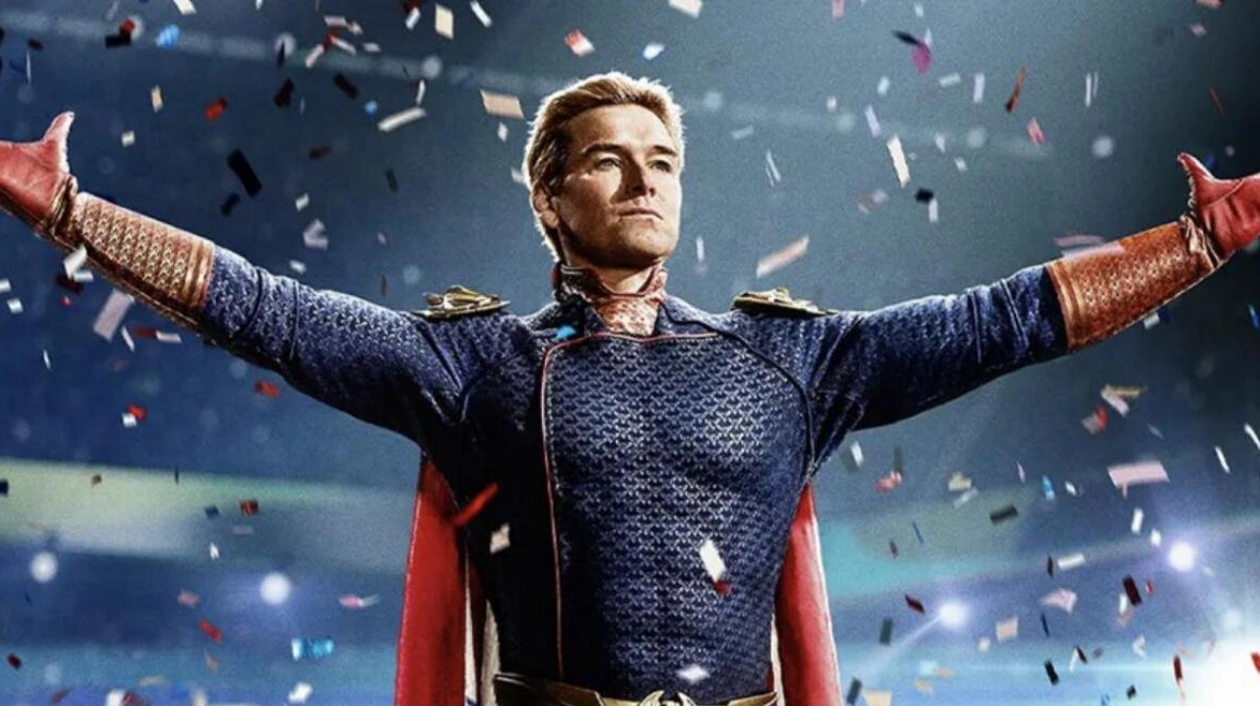In continuation of last week's column, the core issue at hand in the entertainment debate is the widespread decline in media literacy. On platforms like TikTok, there are ongoing discussions about fans' inability to grasp the true essence of shows or movies. Fans of Amazon Prime Video's 'The Boys' frequently face this issue, particularly among political conservatives who empathize with Homelander, a character who parodies DC's Superman but is actually a psychopathic creation of a nefarious corporation. These fans, now watching the fourth season, express disbelief, exclaiming, 'I thought this show was about us!' unaware that the series, like the original comics, satirizes the political right. Homelander embodies American exceptionalism, sporting an American flag cape and a uniform reminiscent of a military dictator. His powers mirror Superman's, yet unlike Superman, Homelander is a product of Nazi experimentation. Hence, the concern over media literacy arises as some fans took four seasons to recognize that the murderous, milk-obsessed Nazi creation was the hero. In a show where the protagonists dispense brutal, vigilante justice against so-called superheroes, all creations of the same corporation, some fans mistakenly viewed Homelander as the hero. The question remains: why?
Gen-Z often blames lazy studios for recycling content instead of innovating. Viewers are now guided through media where previously a certain level of prior knowledge was expected. The 'blue curtains' meme, originating from secondary school, mocks English teachers for probing into metaphorical meanings, followed by students dismissing it as 'not that deep.' This meme, to Gen-Z's dismay, has spread, indicating a decline in the ability to interpret symbolism, suspend disbelief, and engage with media critically. Consequently, some fans of 'The Boys' perceive the show as a conservative anthem, while media companies continue to produce derivative content, assured of profit (as seen in discussions about 'The Acolyte' on Disney+). This contrasts with Fox's risk-taking support of George Lucas's 'Star Wars,' a new yet familiar property that encouraged viewers to make assumptions and suspend disbelief.
My hope is that Gen-Z will soon lead in media production, resolving these issues. However, given our prolonged exposure to diluted media, I fear that entertainment may be confined to cinematic and TV universes. Creators overly concerned with protecting canon may stifle a generation of artists incapable of nuanced interpretation.






